RICHARD STRAUSS, THIS WILY FRENCHMAN
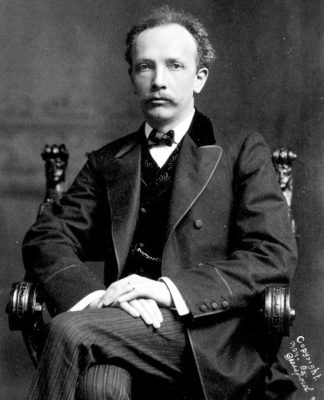
Who doesn’t know Richard Strauss, the quintessence of Germanic music, the apex and end of Romantic music? In the 20th century, this giant is to German opera what Puccini is to Italian opera, and his "Salomé", written at the age of 41 and premiered in 1905, far surpasses (and by a long shot, in my opinion) the "official" modernists, such as the representatives of the Second Viennese School: Arnold Schoenberg, Anton Webern, and Alban Berg.
But it is precisely in this work, which caused a scandal upon its premiere, just like the eponymous play by Oscar Wilde that inspired it, that Strauss reveals himself to be more French than is usually thought, and this in three ways.
First of [read more]
OTAR TATAKISHVILI: ALLEGRO ALLA BREVE OF THE SECOND PIANO CONCERTO
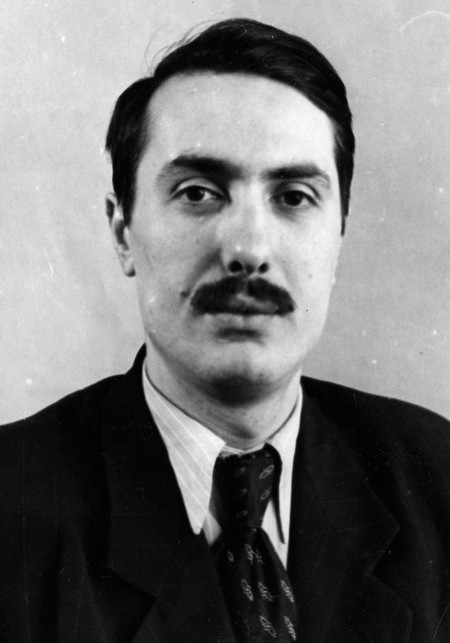
It is rare for a discovery to be as unexpected and beautiful as the one I made of Otar Taktakishvili this afternoon, while France Musique was dedicating a program to Georgian music.
We know the extraordinary polyphony of the traditional music from this colorful country, whether it be popular music or church music. Georgian is not an Indo-European language, and its very unique prosody has given rise to singular music that follows the contours of the language, offering rich and flavorful textures.
But in the realm of classical music, despite a few well-known names and one or two works, nothing had struck me until now.
It was a very joyful surprise to hear Allegro alla breve from the Second [read more]
ELLA FITZGERALD
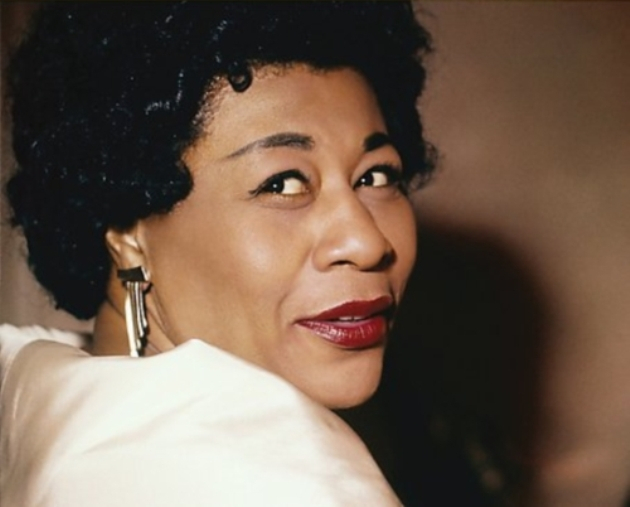
One of my earliest musical impressions was her.
At twelve years old, on my little turntable, I discovered this singer while listening to my father's vinyls.
"How high is the moon?" he would ask me, and together we would draw, with four hands – me, the moon, and my father – the scale to reach it.
"You see, Ella Fitzgerald has reached the moon," he told me. I didn’t quite understand, but I remained under the spell of this mystery for a long time: here was a slightly plump woman with a disarming smile, who seemed so familiar and natural when she sang, yet at the same time, she remained in the interstellar spaces that mere mortals could only access through her agency.
Duke [read more]
ARRANGEMENT OF THE BEATLES BY BERIO IN 1967
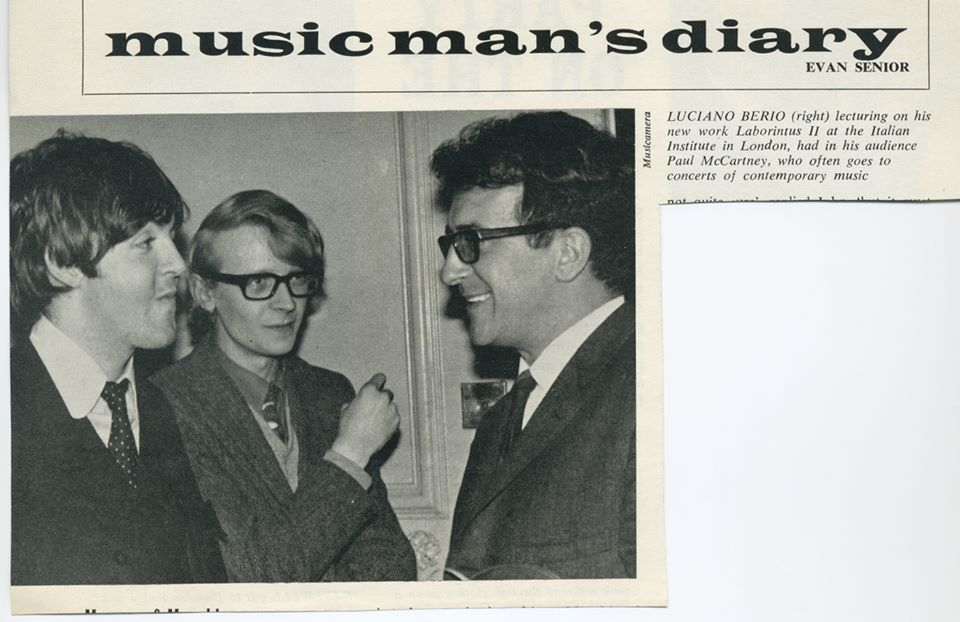
In 1967, two years after their composition, the Italian composer Luciano Berio arranged three Beatles songs: Michelle, Ticket to Ride, and Yesterday.
Contemporary composers are often perceived as creators of esoteric music full of false notes, whose productions are inaccessible to mere mortal music lovers.
But "contemporary music" means nothing, it's not a style, and there has never been such a diversity of music written by today's composers.
And the best among them (Luciano Berio being undeniably the major Italian composer of the 1960s–80s) have sometimes made digressions, like here.
It should be noted that Berio was already aware of the limitations of contemporary language expression [read more]
SKRIABINE
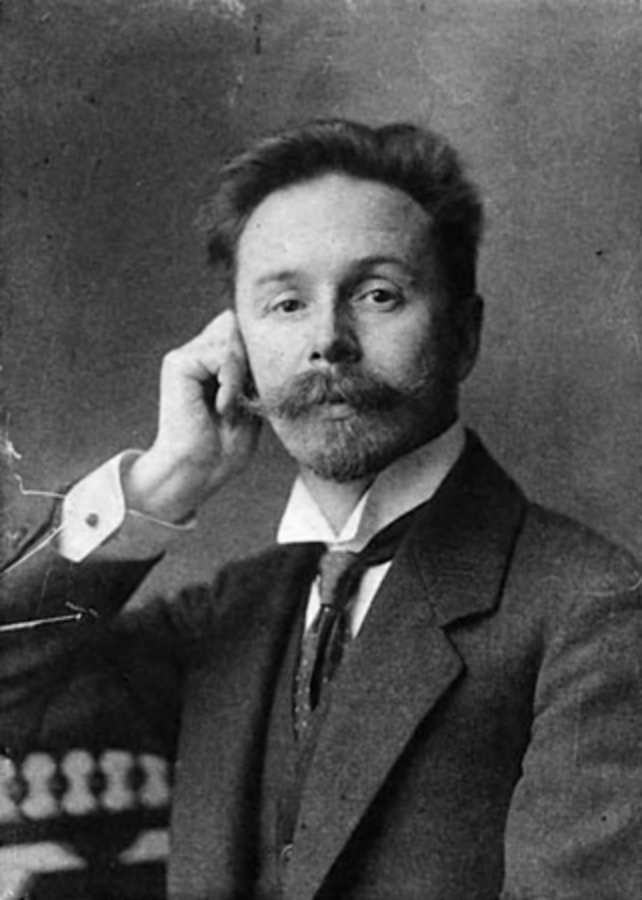
For real, Russian music is the most varied there is; it has everything, from the sensitive and touching sentimentality (Tchaikovsky), to the sentimentality that risks tipping into vulgarity (Rachmaninoff), to the primitive savagery turned modernity (Stravinsky), to the industrial savagery turned primitive (Mossolov), to solar joviality (Prokofiev), to exacerbated drama (Shostakovich), to aristocratic and diaphanous refinement, and to the declared and incandescent mysticism (Scriabin for both).
Scriabin, who died bizarrely after scratching a small pimple above his lip, on the day his lease expired. Scriabin, who had synesthesia (the involuntary ability to associate a sound with a specific color), [read more]
THE WORK OF BILL VIOLA ON TRISTAN AND ISOLDE
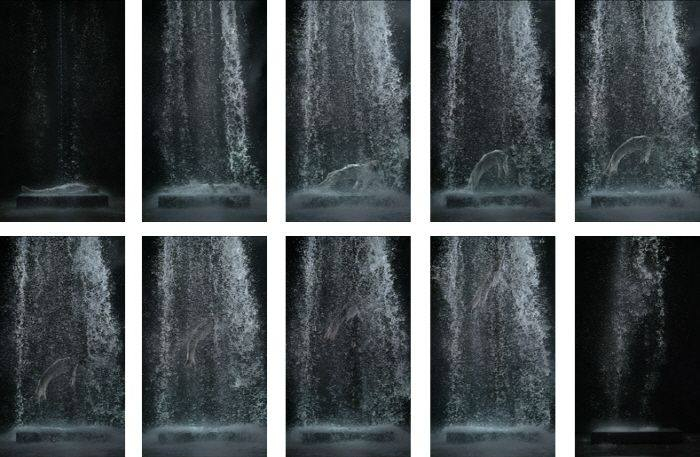
Many criticize, disapprove of, or even hate Bill Viola's work on the staging of Tristan und Isolde. I loved it, and I will explain why. First, my theory is that in the 20th and 21st centuries, cinema has replaced opera in its social role. Our society has become, thanks to cinema and television, a society of images far more than it was in the 19th century. Jacques Ellul's The Humiliated Word is a book entirely dedicated to this subject. And last night at the Bastille, the initial dominance of the image was almost uncomfortable at first, because the only set consisted of a giant screen on which Viola’s images were projected. The danger of slipping into the realm of musical illustration (by [read more]
ANNIVERSARY OF ZAPPA
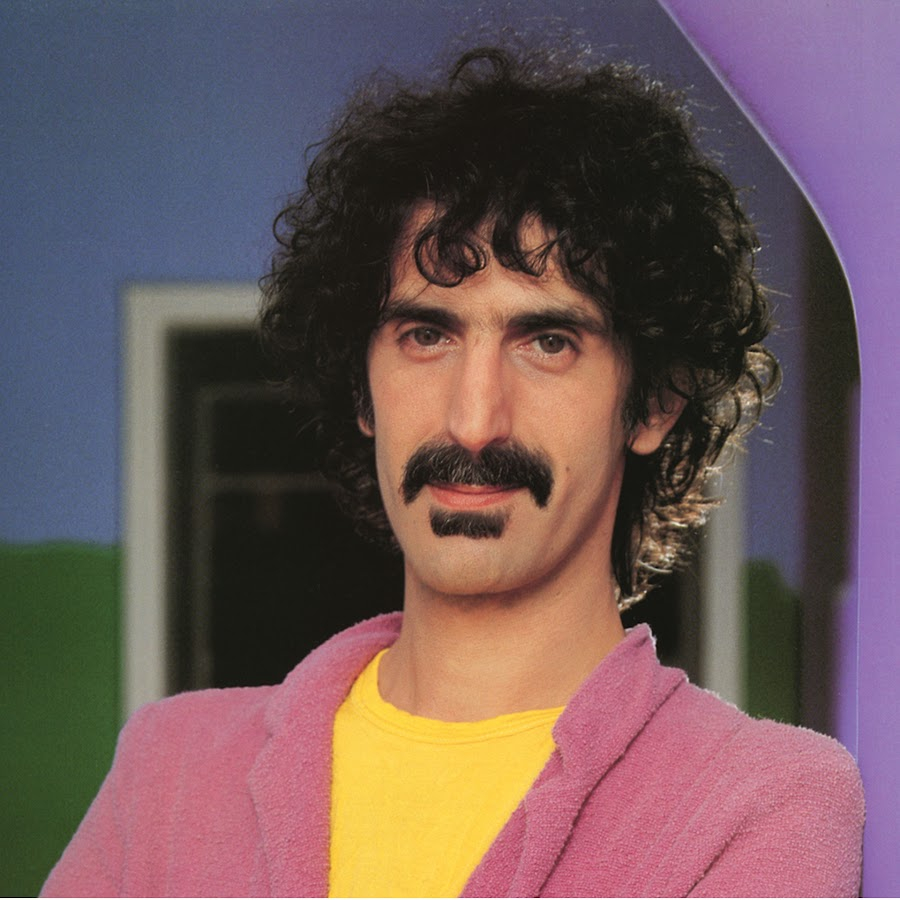
Today, the anniversary of one of the most remarkable figures in 20th-century music, composer Frank Zappa.
It is impossible to define the field in which he worked: rock, pop, jazz, electronic music, or even contemporary music...
Equally impossible to restrict his action to the narrow field of entertainment, where the implacable logic of the market would want to reduce music.
Creating a personal universe, rich in terms of language elements, breaking down the boundaries between genres and styles, Zappa managed to achieve the coherence of his approach, which he called "conceptual continuity."
Zappa liked to define himself as an "American composer," and he is both outside and inside this definition.
First, [read more]
ANNIVERSARY OF THE DEATH OF PUCCINI
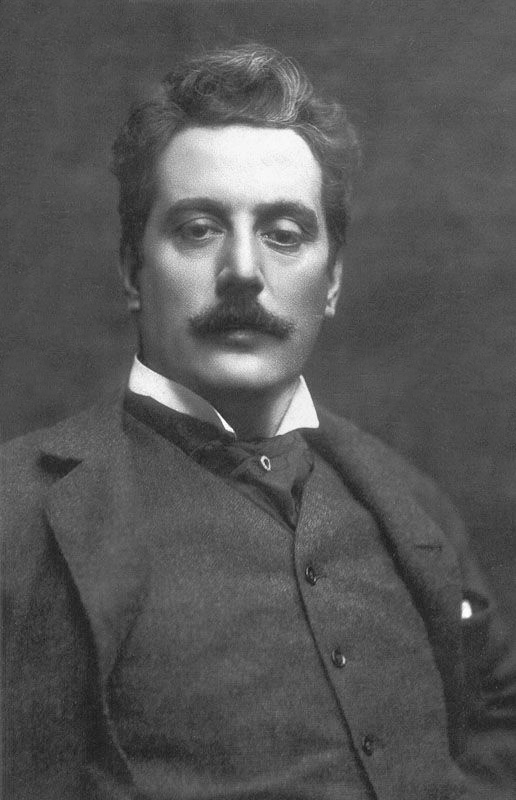
It is today, but 94 years ago, that Puccini passed away in Brussels, leaving "Turandot," his ultimate work, unfinished.
Puccini is an enigma. Coming from a long line of church musicians, talented but seemingly without any apparent genius in his early dispositions, lazy (with regular complaints from his teachers), not very cultured, often lacking inspiration, he managed to create one of the most significant operatic works.
Of the twelve operas he composed, five or six are at the peak of the repertoire, with "La Bohème," "Tosca," "Madama Butterfly," and "Turandot" being, for some, the very pinnacle of this difficult art form.
Very sensitive to women, with a penchant for complicated stories [read more]
TIGRAN HAMASYAN CONCERT AT L'OLYMPIA, JULY 5, 2022
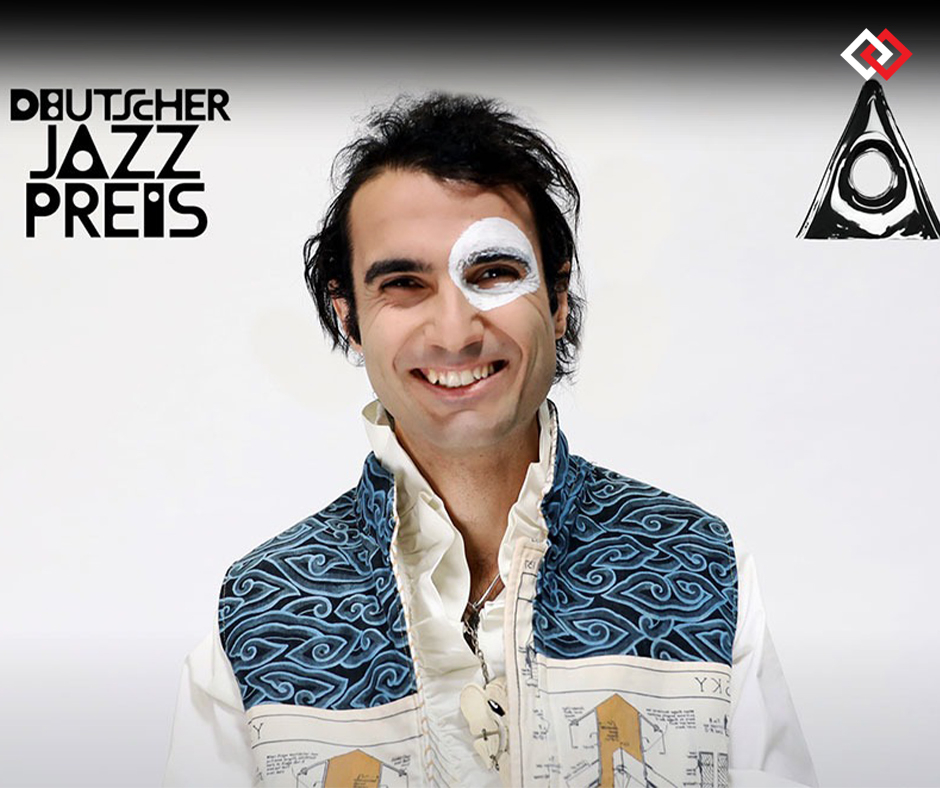
Tigran Hamasyan's concert yesterday at the Olympia was an event. Naturally, every Tigran concert is, but there was something special yesterday that gave the feeling of a complete experience. Tigran returns to Paris, where he first gained recognition, and he returns to the jazz standards, the starting point of his music. But he comes back having completed a whole journey and acquired a fully developed personal language, making this "revisit" both a demonstration of power and a surprising confirmation of renewal.
Any music that aims to go far is rooted. The DNA of all pulsating American music is found in African-American blues. In Europe, Christophe Monniot wanted to lay the foundations for a [read more]
"KURTAG'S ENDGAME" AT THE OPERA GARNIER
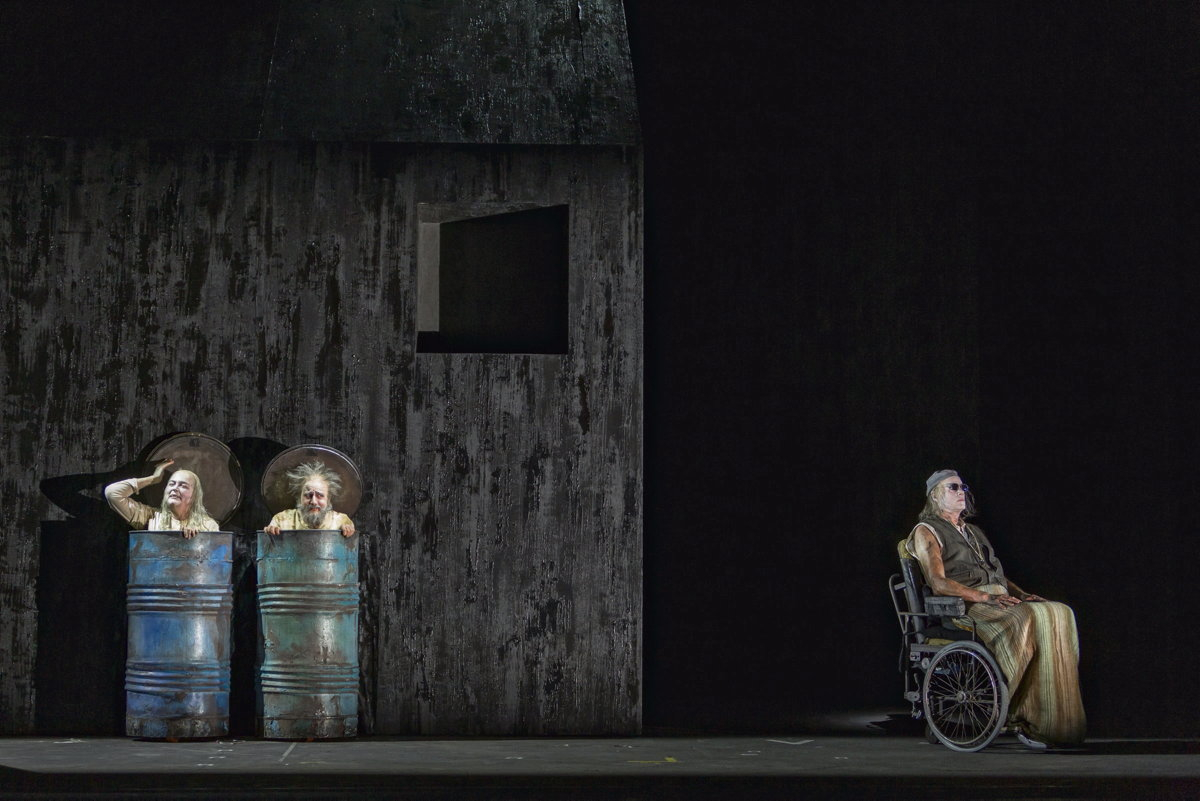
A highly anticipated event tonight in Paris – the final opera of György Kurtág.
However, mixed impressions…
I’ll start with the advantages, which can be summed up in one location and one word: the orchestra.
A master of brief forms, with a vast musical knowledge, steeped in recognition and respect for his predecessors, Kurtág creates an entire inner world within the orchestra, where each impact, sparingly distributed, becomes a precious object in itself.
The orchestral discourse is constantly fragmented: sometimes a monodic motif (but orchestrated differently at each "level"), sometimes a solo (exploring the extreme registers, where one feels Kurtág’s [read more]

